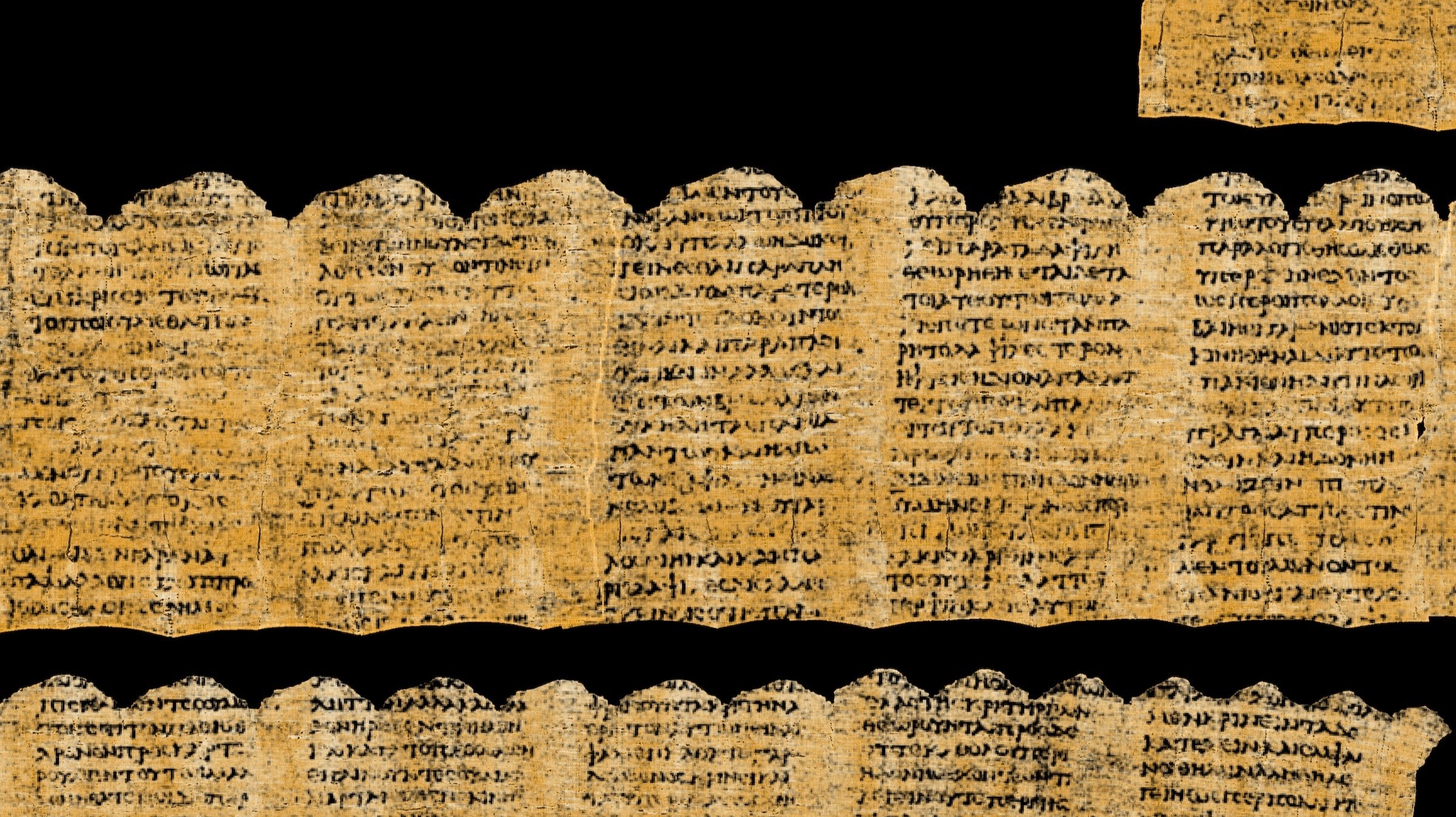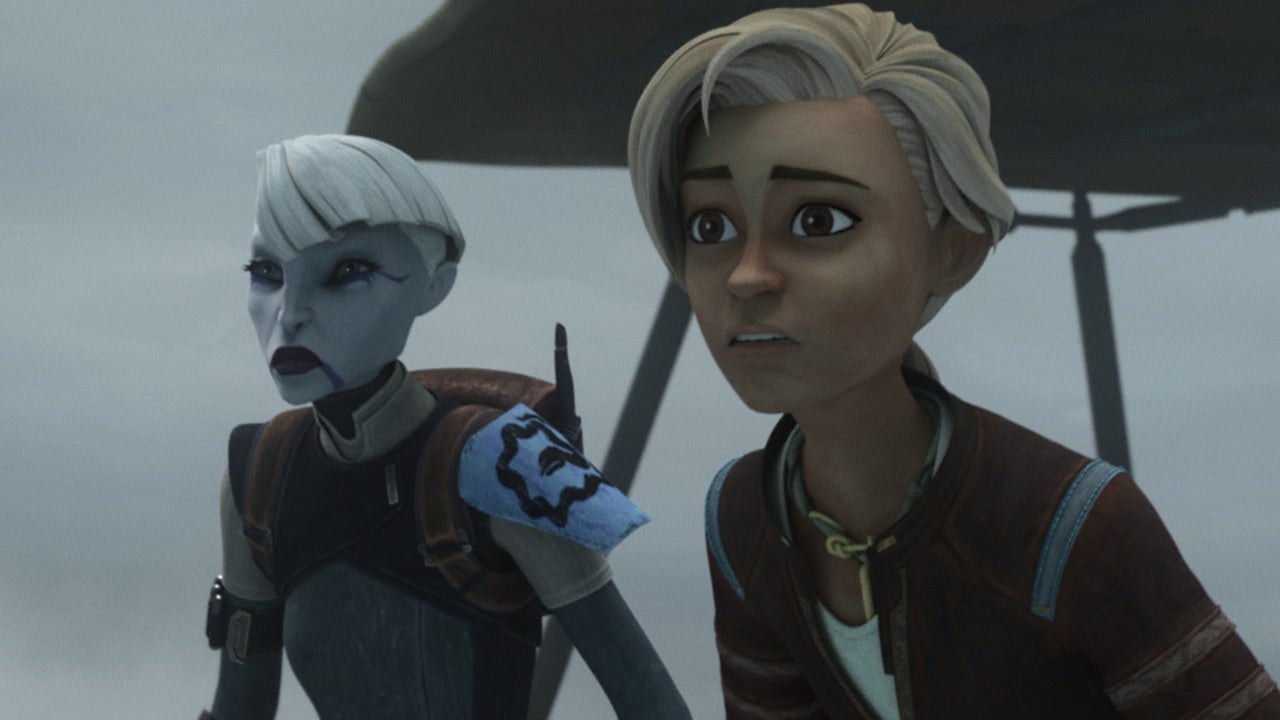A team of scholars has used cutting edge technology to piece together sections of a 2,000 year-old scroll damaged by the eruption of Mount Vesuvius in 79 AD, which killed tens of thousands as it decimated the ancient Roman settlements of Pompeii and Herculaneum.
Whilst the eruption of Vesuvius was cataclysmically destructive, it also played an important role in preserving facets of everyday Roman life, literature, and learning, as cities, towns, and opulent villas were buried under the cascade of material spewed out by the volcano.
In the year 1750, an Italian farm worker discovered an ancient villa that had been buried under the tide of volcanic debris thrown out by the volcano. Archaeologists exploring the site later unearthed a small, ancient library that was filled with the remains of hundreds of papyrus scrolls. It was found that the heat from the volcano had effectively carbonized the scrolls, rendering them into lumps of a charcoal-like material that, whilst unreadable in their charred form, still contained traces of the ink used in their creation.
Scholars hope that the information contained in these scrolls could lead to a new renaissance in our understanding of the ancient past, derived from insights penned by those who actually lived through it. The tricky part - how do you read a 2,000 + year-old scroll that has been decimated by an angry volcano?
Ten months ago, we launched the Vesuvius Challenge to solve the ancient problem of the Herculaneum Papyri, a library of scrolls that were flash-fried by the eruption of Mount Vesuvius in 79 AD.
— Nat Friedman (@natfriedman) February 5, 2024
Today we are overjoyed to announce that our crazy project has succeeded. After 2000… pic.twitter.com/fihs9ADb48
Early low-tech attempts to prise the scrolls apart inevitably ended up destroying some of the priceless relics. However, on March 15, 2023, a group of entrepreneurs sought to take a high tech approach to discovering the mysteries of the scrolls, by establishing the Vesuvius Challenge.
The initiative challenged scientists to use hard work, machine learning and computer vision to invent a novel, non-destructive way of reading the scrolls. In order to win the first round of the competition in 2023, competing teams were asked to piece together and translate ancient passages from high resolution CT scans made of a scroll using the Diamond Light Source particle accelerator in England.
As part of the effort, the scrolls were digitally unrolled, with each of the teams working to refine machine learning tools which would be trained to analyse the CT scans of the papyrus paper in search of tiny spots of ink, and tell-tale crackles that marked where it once was.
Assuming that enough ink residue remained, the data could then be used to reveal some of the writing placed upon the ancient scrolls. A series of cash prizes were offered to community members who contributed milestone advances in the effort, up to a grand prize of $700,000 for the team that was able to successfully reconstitute and translate four 140 character blocks of text.
Earlier this month, the Vesuvius Challenge announced that the initiative had succeeded, and that a team of three had successfully pieced together text that had not been read for well over 2,000 years. This window to the ancient past was opened by the international collaboration of Egyptian PHD student Youssef Nader, American SpaceX intern Luke Farritor, and Swiss robotics student Julian Schilliger, whose submission accounted for 11 columns of text totalling over 2,000 characters.
So far, researchers have been able to read and translate roughly five percent of the scroll which appears to be an entirely new and original Epicurean philosophical text discussing food, and the pleasure derived from it. “As too in the case of food, we do not right away believe things that are scarce to be absolutely more pleasant than those which are abundant,” read a section of the reconstituted scroll. “Such things will be considered frequently.”
It is possible that these musings could have been written by the philosopher Philodemus, who was thought to work in the villa where the horde of scrolls was discovered. Following the breakthrough, the 2024 Vesuvius Challenge has grown more ambitious, this time asking competitors to piece together and decode the vast majority of four of the scrolls in the collection in exchange for a grand prize of $100,000, and a place in history.
As it stands the secrets contained in some 600 of the ancient scrolls remain unread, and there is the potential that a great many more could still be hidden underground in a larger library in the buried roman villa where the original haul was found. Should modern technology render the scrolls readable, the unearthed works could enormously evolve our understanding of our ancient ancestors.
Image credit: Vesuvius Challenge
Anthony is a freelance contributor covering science and video gaming news for IGN. He has over eight years experience of covering breaking developments in multiple scientific fields and absolutely no time for your shenanigans. Follow him on Twitter @BeardConGamer






